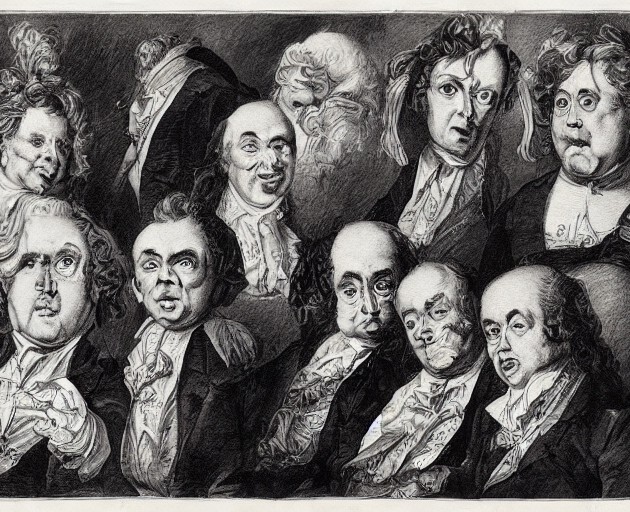From high-profile celebrity scandals to landmark legal battles that shaped history, some court cases have captured the world’s attention like no other. These trials have fascinated people for their dramatic twists and turns, the personalities involved, and the impact they had on society. In this article, we’ll take a closer look at some of the most notorious historical trials that have left an indelible mark on the annals of legal history.
The Trial of Socrates
One of the most famous trials in ancient history, the trial of Socrates took place in Athens in 399 BCE. Socrates, the renowned Greek philosopher, was accused of corrupting the youth and challenging the gods of the state. Despite his eloquent defense, Socrates was found guilty and sentenced to death by drinking poison, a sentence he willingly carried out.
The Trial of Joan of Arc
The trial of Joan of Arc, also known as the Maid of Orleans, took place in Rouen, France in 1431. Joan of Arc, a young peasant girl who claimed to have been divinely inspired, led the French army to several victories against the English during the Hundred Years’ War. However, she was eventually captured and accused of heresy. After a lengthy trial, Joan was found guilty and burned at the stake, but she was later exonerated and declared a martyr by the Catholic Church.
The Trial of Galileo Galilei
The trial of Galileo Galilei, the renowned Italian scientist and astronomer, took place in Rome in 1633. Galileo’s support for the Copernican heliocentric model of the universe, which challenged the prevailing geocentric model supported by the Catholic Church, brought him into conflict with church authorities. Galileo was accused of heresy and was forced to recant his views under threat of torture. He was subsequently placed under house arrest for the remainder of his life.
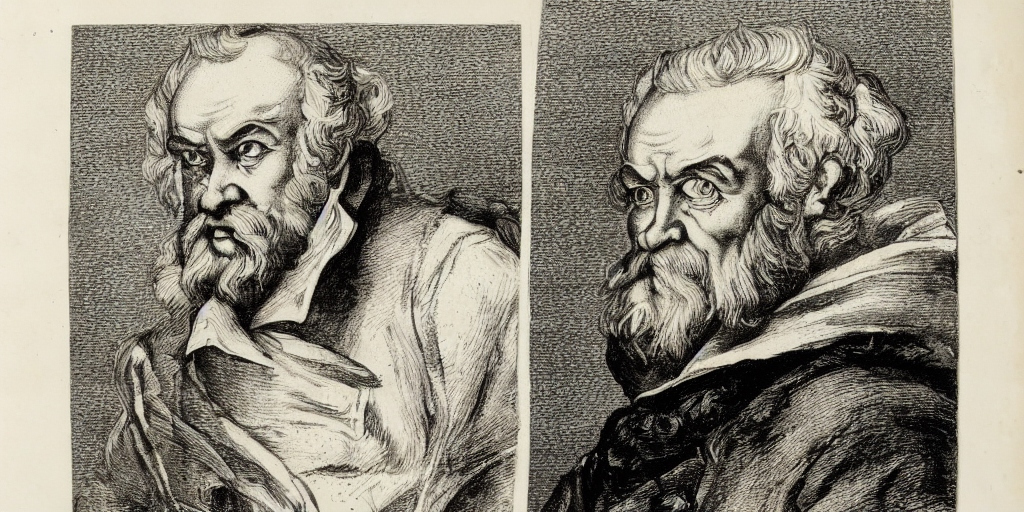
“The sun, with all those planets revolving around it and dependent on it, can still ripen a bunch of grapes as if it had nothing else in the universe to do.” – Galileo Galilei
The Trial of Marie Antoinette
The trial of Marie Antoinette, the last Queen of France, took place during the French Revolution in 1793. Marie Antoinette, known for her extravagant lifestyle and perceived indifference to the plight of the French people, was accused of treason and other charges. Despite her defense, she was found guilty and sentenced to death by guillotine, marking the end of the French monarchy.
The Trial of Oscar Wilde
The trial of Oscar Wilde, the renowned Irish playwright and author, took place in London in 1895. Wilde was accused of homosexuality, which was illegal at the time in England. The trial was marked by sensational revelations about Wilde’s personal life and relationships, and he was eventually found guilty and sentenced to two years of hard labor, resulting in his downfall and tragic demise.
The Trial of Adolf Eichmann
The trial of Adolf Eichmann, a high-ranking Nazi official responsible for orchestrating the Holocaust, took place in Jerusalem in 1961. Eichmann was captured by Israeli agents in Argentina and brought to trial for crimes against humanity. The trial brought the horrors of the Holocaust to the forefront of international attention and resulted in Eichmann’s conviction and execution by hanging.
The Trial of O.J. Simpson
The trial of O.J. Simpson, a former American football player and celebrity, took place in Los Angeles in 1995. Simpson was accused of the murder of his ex-wife Nicole Brown Simpson and her friend Ron Goldman. The trial, dubbed the “Trial of the Century,” was marked by high-profile lawyers, racial tensions, and media frenzy. Despite the overwhelming evidence against him, Simpson was controversially acquitted, sparking widespread debate and speculation.
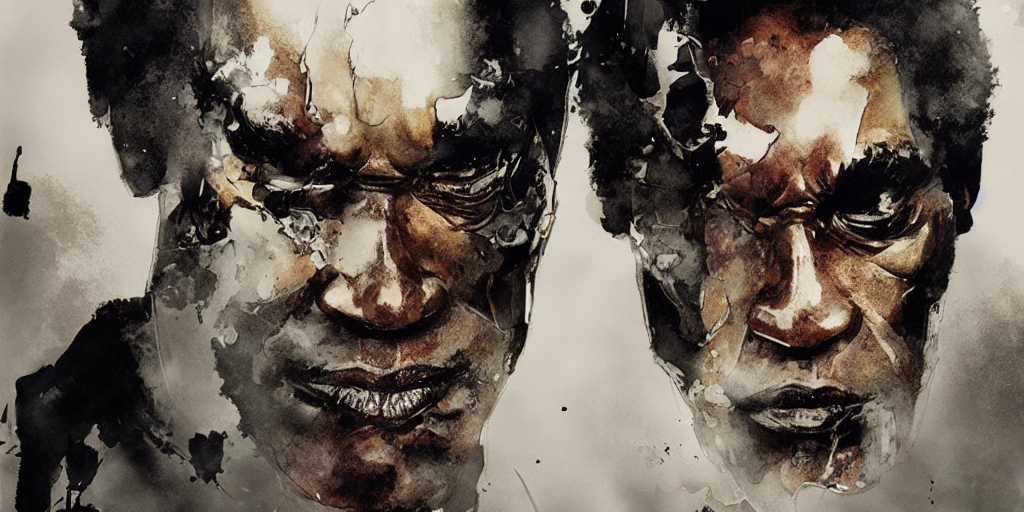
“I did not, could not and would not have committed this crime.” – O.J. Simpson
The Trial of Amanda Knox
The trial of Amanda Knox, an American student studying abroad in Italy, took place in Perugia in 2009. Knox was accused of the murder of her roommate, Meredith Kercher. The trial gained international attention and was marked by sensational headlines, conflicting evidence, and controversial media coverage. Knox was initially convicted and sentenced to 26 years in prison, but she was later acquitted on appeal due to insufficient evidence.
The Trial of Nelson Mandela
The trial of Nelson Mandela, a South African anti-apartheid revolutionary and politician, took place in 1963-1964. Mandela was accused of sabotage and conspiracy against the government for his role in opposing the apartheid regime in South Africa. Despite his eloquent defense and global protests, Mandela was found guilty and sentenced to life imprisonment, serving 27 years in prison before finally being released and becoming the first black President of South Africa.
The Trial of Charles Manson
The trial of Charles Manson, the notorious cult leader and mastermind behind a series of gruesome murders known as the “Manson Family” killings, took place in 1970-1971 in Los Angeles. Manson and his followers were accused of the murder of actress Sharon Tate and several others. The trial was marked by bizarre behavior, Manson’s manipulation of his followers, and sensational media coverage. Manson and his followers were eventually convicted and sentenced to life imprisonment.
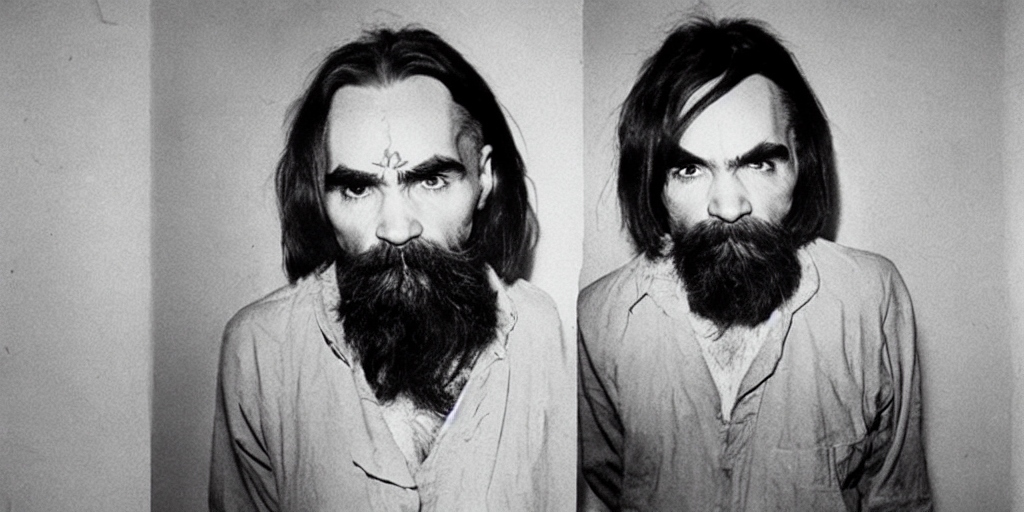
“You know, a long time ago being crazy meant something. Nowadays everybody’s crazy.” – Charles Mason
The Trial of Slobodan Milosevic
The trial of Slobodan Milosevic, the former President of Yugoslavia, took place in The Hague, Netherlands, in 2002-2006. Milosevic was accused of war crimes, genocide, and crimes against humanity for his role in the Balkan Wars of the 1990s. The trial was significant as it was the first time a former head of state was brought to an international tribunal for such charges. Milosevic died before the trial could be concluded, but it remains a landmark trial in the field of international criminal law.
The Trial of Scott Peterson
The trial of Scott Peterson, an American man accused of murdering his pregnant wife, Laci Peterson, in 2002, took place in 2004-2005 in California. The trial was closely followed by the media and public, as it involved a seemingly perfect couple and a shocking murder. Peterson was eventually convicted of first-degree murder and sentenced to death by lethal injection.
The Trial of Al Capone
The trial of Al Capone, the infamous American gangster and organized crime boss, took place in 1931. Capone was accused of tax evasion and other charges related to his criminal activities, including bootlegging and racketeering during the Prohibition era. The trial exposed Capone’s criminal empire and illegal activities, and he was eventually convicted and sentenced to 11 years in federal prison.
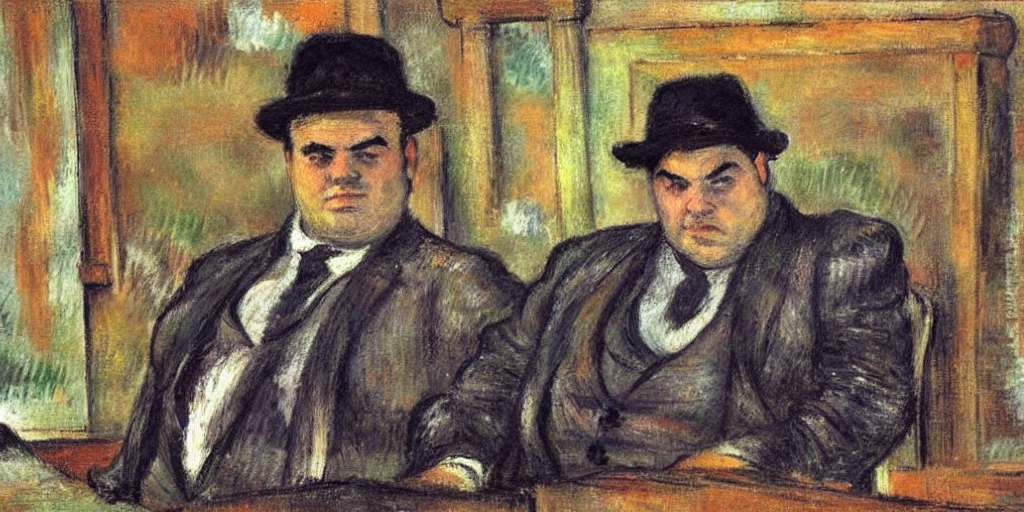
“They can’t collect legal taxes from illegal money.” – Al Capone
The Trial of Leopold and Loeb
The trial of Nathan Leopold and Richard Loeb, two wealthy American students who kidnapped and murdered a 14-year-old boy in 1924, took place in Chicago. The trial was dubbed the “Trial of the Century” at the time and was marked by sensational revelations about the defendants’ motive and intellect. Leopold and Loeb pleaded guilty and were sentenced to life imprisonment, avoiding the death penalty due to their age.
The Trial of The Salem Witch Trials
The Salem Witch Trials, a series of hearings and prosecutions of people accused of witchcraft in colonial Massachusetts in the late 17th century, resulted in one of the darkest chapters in American history. The trials were characterized by mass hysteria, religious extremism, and false accusations, resulting in the execution of 20 people and the imprisonment of many others. The trials remain a fascinating and tragic example of how fear, superstition, and prejudice can lead to a miscarriage of justice.
In a Nutshell
Throughout history, there have been numerous famous historical trials that have captivated the world’s attention. These trials have involved prominent figures, controversial cases, and high stakes legal battles that have shaped society and left a lasting impact on the collective memory. From the trials of Joan of Arc, O.J. Simpson, Nelson Mandela, to more recent cases like Amanda Knox and Scott Peterson, these trials have been marked by drama, intrigue, and often controversy.
These trials have not only been about the pursuit of justice but have also reflected the social, political, and cultural dynamics of their times. They have revealed the complexities of the legal system, the flaws and biases within it, and the impact of media and public opinion on the outcome of a trial.
Famous historical trials continue to captivate our imagination and hold a significant place in our history. They remind us of the power of the legal system, the complexities of human nature, and the pursuit of truth and justice. These trials serve as important reminders of the need for a fair and impartial legal system, the importance of upholding the principles of justice, and the consequences of high-profile cases on individuals and society as a whole.
In conclusion, the most notorious court cases in history have left an indelible mark on our collective consciousness. These trials have not only shaped our understanding of the law, but they have also shed light on the human condition, our quest for justice, and the complexities of the legal system. They continue to be studied, debated, and analyzed, providing valuable insights into our history, culture, and society.

